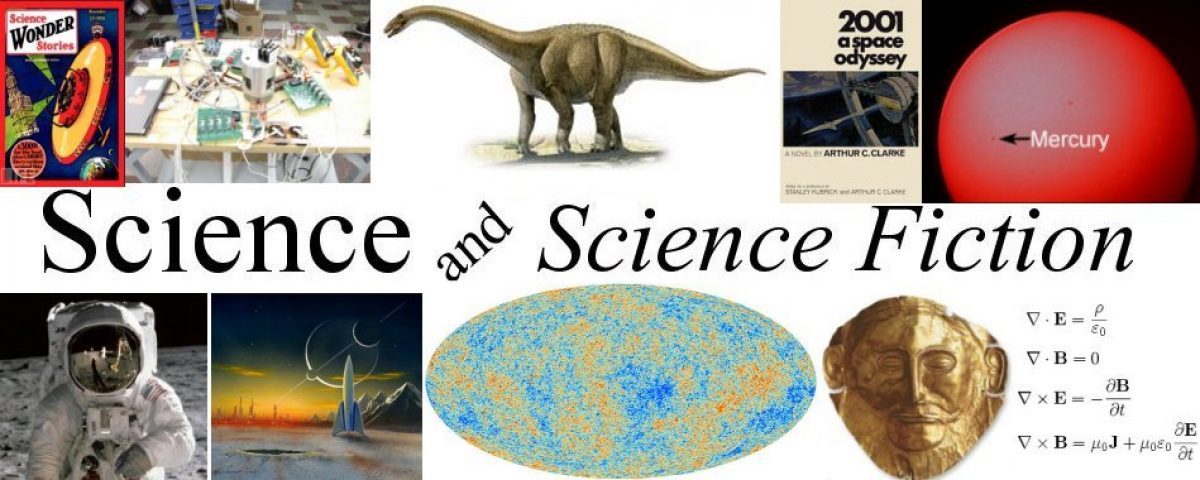Apocalyptic disasters that destroy all but a small handful of human beings have been written ever since the flood story in the Lay of Gilgamesh, from which the flood story in the Bible was derived. Such catastrophe epics became even more popular after the invention of nuclear weapons when humanity gained the ability to cause our own destruction. Whether by an act of God or by our own technology apocalypses are a definite genre in SF.
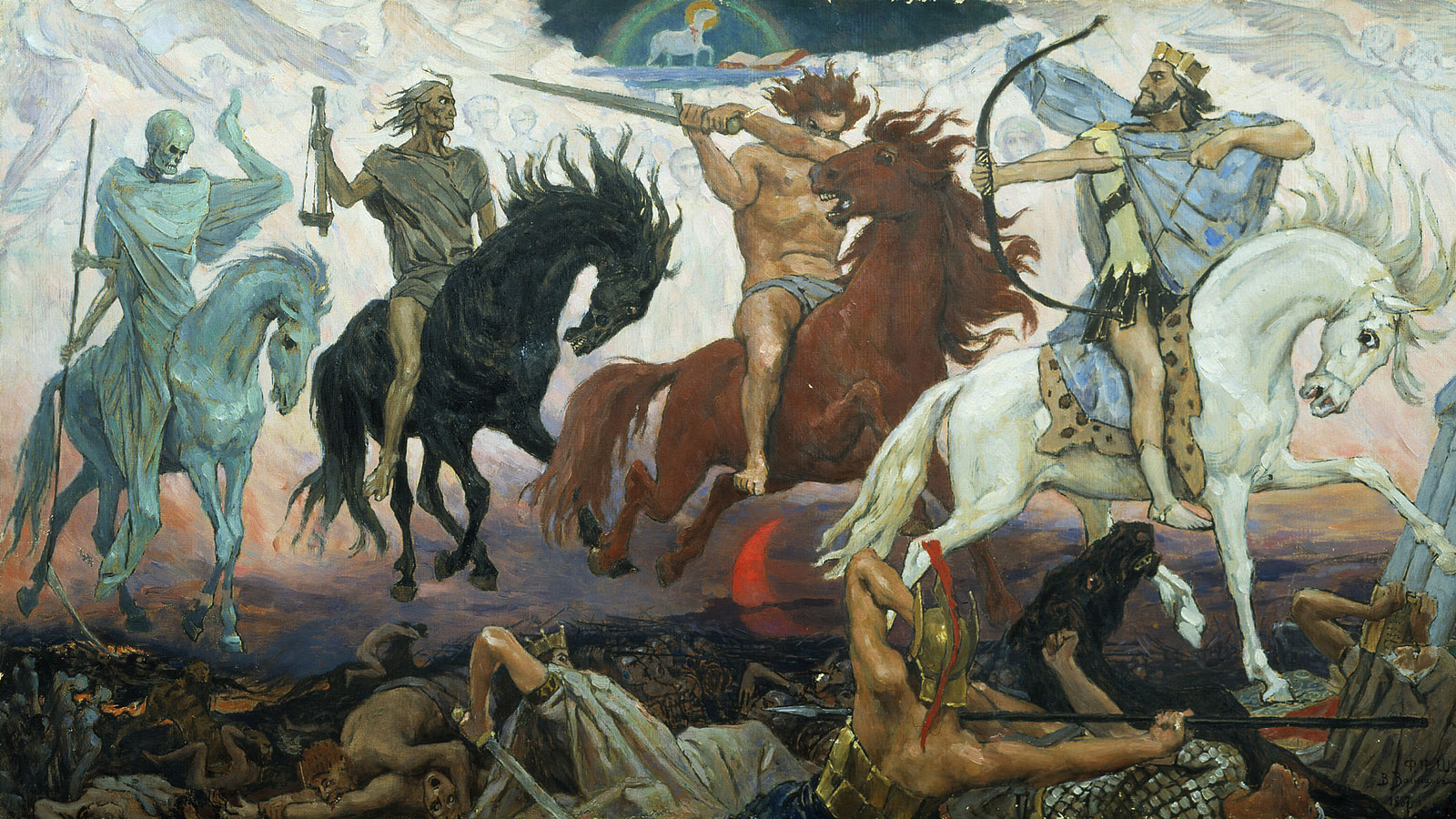
‘The Ark’ by Christopher Coates is such an end of the world story. Astronomers have discovered a comet that will approach Earth in three years. It’s not going to hit us, but it will pass very close and its tail is extremely radioactive. Material from that tail will go into orbit around our planet, slowly seeping into the atmosphere for twenty years, killing every living thing on the surface. So ‘The Ark’ is an Act of God type of apocalypse. I have quite a few problems with this ‘radioactive comet’ scenario but I’ll save them for later.


By a sheer coincidence I started reading ‘The Ark’ at the same time as the 60th anniversary of the Stanley Kubrick movie ‘Doctor Strangelove’. You may recall how, at the end of that movie a Soviet ‘Doomsday Device’ is going to blanket the entire world with enough radioactive fallout to kill every living thing.

“Mister President,” Strangelove announces as the doomsday device is triggered. “I would not rule out the possibility of preserving a nucleus of human specimens.” His plan is to set up living quarters for a few thousand people deep underground in mine shafts until the radiation is gone. I have to wonder if author Christopher Coates got his theme from Strangelove because that’s pretty much the plan in ‘The Ark’.
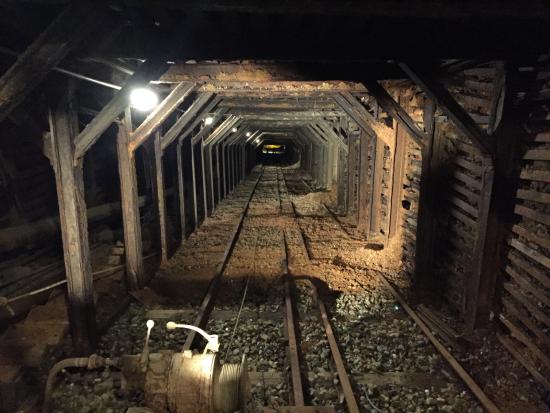
Of course in the novel the plan is a great deal more detailed and it also includes the idea of human hibernation, in fact a good deal of the story concerns the development of hibernation technology. So 10,000 carefully selected people, experts in various fields that will be required in order to rebuild civilization are buried beneath the Rocky Mountains, along with a lot of equipment in a great big sleep chamber. At the same time smaller groups of people will try to survive for twenty years in mine shafts throughout the country.

I have several problems with ‘The Ark’ and I’ll start with the radioactive comet that triggers the whole thing. Intense radioactivity implies short-lived radioactivity. The intense radioactive element Radium is extremely scarce just because it is so radioactive. After a few billion years in the Oort cloud at the outskirts of our Solar System no comet is going to be extremely radioactive. Still, O’k for the sake of the story I’ll let that pass, suspension of disbelief after all. But then add in the bit about the radioactive material going into orbit and slowly seeping into our atmosphere. Finally, although US astronomers and NASA scientists realize the danger three years before the comet gets here no other country ever figures it out. In fact the rest of the world is pretty much ignored, only Americans are going to survive this apocalypse, we don’t even let the Brits or Canadians in on the end of the world.
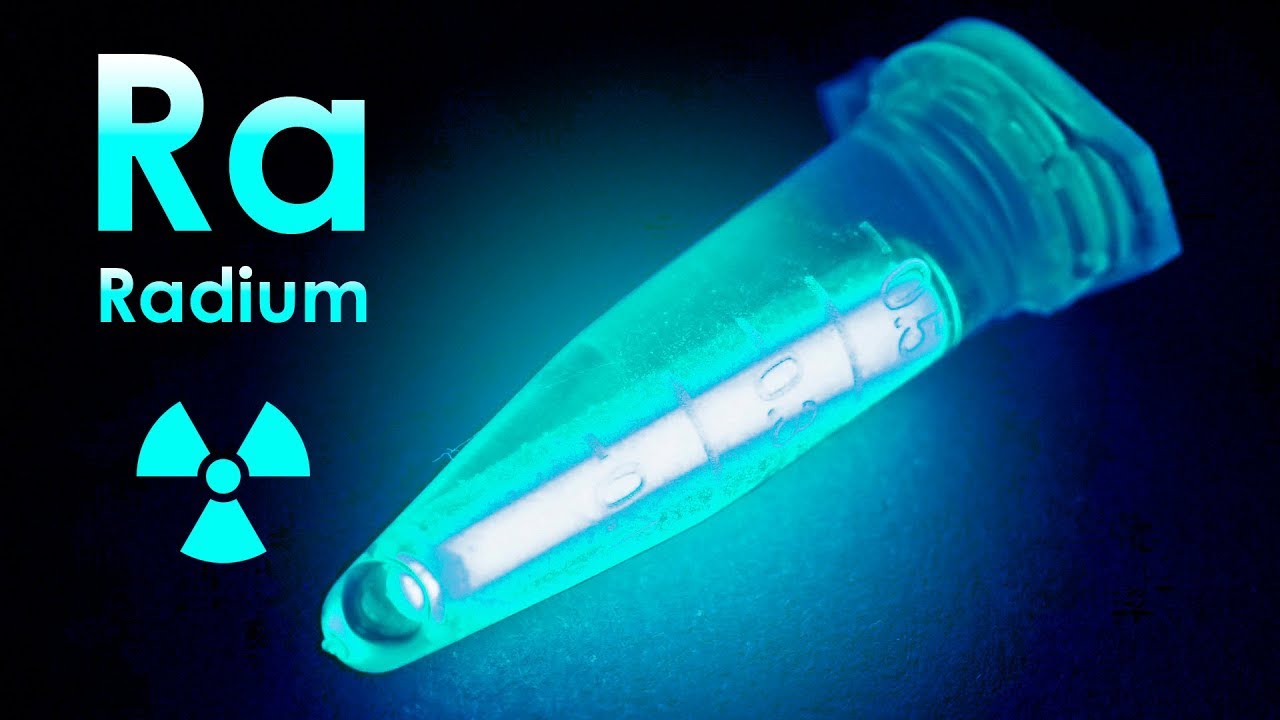
Still, suspension of disbelief for the sake of the story, that’s where the second problem comes in because the story in ‘The Ark’ is really pretty dry. There’s no conflict to speak of and the few plot twists don’t generate much suspense. In fact the whole novel reads more like a manual for surviving an apocalypse than a story about one.
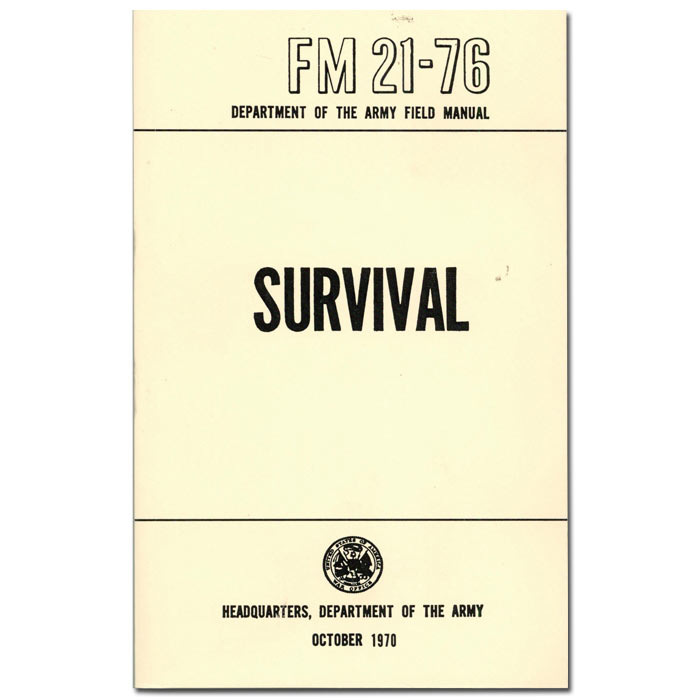
I’m not saying that ‘the Ark’ is a bad novel, it is a quick read and pretty much kept my attention. It certainly needs more work however. At least it could have a plausible reason for why the comet is so radioactive and add in some international intrigue to introduce some degree of conflict, some suspense. Finally the novel ends just as the rebuilding process has begun which makes me wonder if a sequel is already in the works.
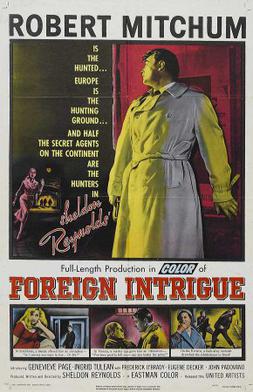
So if you’ve got a few hours to spare for an interesting, if not exactly perfect end of the world novel you might enjoy ‘The Ark’ by Christopher Coates.
